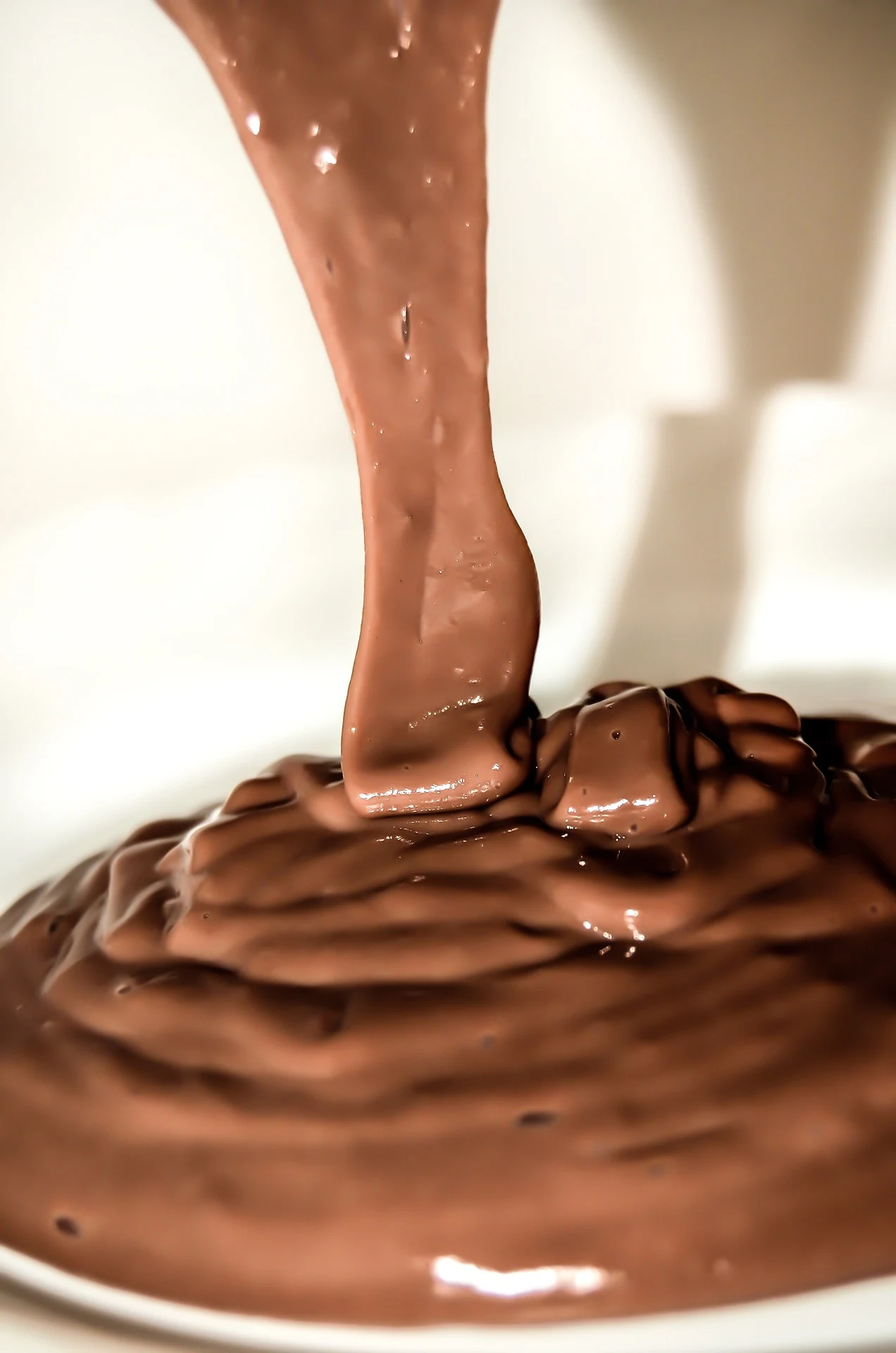If your little one has reached the appropriate age for weaning, it’s likely that you are looking for some new and exciting foods to introduce to their diet. Along with soft foods such as yoghurts and purées, you may also be asking yourself, can babies have Angel Delight and other sweet treats?
The answer to can babies have Angel Delight? is technically yes, however it is typically advised that parents refrain from offering babies foods that have a high sugar content or low nutritional value. Angel Delight, unfortunately, checks both of these boxes. It’s important to note that, although it isn’t a healthy food for children to eat, it is possible for small amounts of foods such as Angel Delight to be fed as part of a balanced diet.
Before you begin asking yourself questions such as can babies have Angel Delight? you first need to ask yourself whether your child is old enough to drink cold cow’s milk. Children under 12 months should not be given cold cow’s milk as it can cause damage to their kidneys and put them at risk of internal bleeding. If you are determined to offer your child Angel Delight as a treat and they are under 12 months of age, be sure to use breast milk or your baby’s usual formula milk instead.

Alternative Healthy Foods For Weaning Babies
Knowing that the answer to “can babies have Angel Delight?” is technically a ‘yes’ doesn’t mean that it’s the healthiest food to give your baby. Although it’s soft in texture and has a sweet flavour that children love, Angel Delight also has a high sugar content which can lead to your baby experiencing an upset tummy, trouble sleeping, and even high blood pressure. Even the packet that claims to be sugar-free is full of additives in order to ensure the Angel Delight keeps its sweet taste.
There are plenty of healthier options when it comes to weaning your baby and introducing them to new flavours and textures. Here are just a few examples of quick, easy first foods that make great additions to your baby’s diet:
- Puréed Fruit and Vegetables
- Soft Cooked Vegetable Sticks and Fruit Sticks
- Toast Sticks
- Plain Yoghurt
Let’s take a closer look at these food choices and discuss the benefits of each.
Puréed Fruits and Vegetables
As your baby nears 6 months of age, your mind is going to drift towards planning how to introduce solids into their diet. Although it’s clear that the answer is yes to ‘can babies have Angel Delight?’, you’re probably looking for something with more nutritional value and fewer additives. Puréed fruit is a great place to start when it comes to introducing your baby to solids as fruit is naturally sweet and easily digestible. Puréed fruits and vegetables are packed full of all the vitamins and minerals our bodies need, making them a great first choice for weaning. Plus, the act of introducing your child to natural, healthy foods enables you to set good habits in place from an early age.

Soft Cooked Vegetable Sticks and Fruit Sticks
Following on from purréed fruit and vegetables, another fantastic choice for weaning babies is softly boiled vegetables and fruit sticks. Cutting vegetables such as carrots, broccoli, parsnip, and sweet potatoes into easily handled sticks and softly boiling them allows babies to try healthy foods and become accustomed to new flavours and textures. Soft fruits, such as pears, bananas, and apples are also popular choices of healthy fruit sticks to introduce to your baby during the weaning process.
Toast Sticks
For parents eager to let their babies explore baby led weaning, toast sticks are a good option. Toast sticks are easy to hold and your child can explore new flavours depending on the spread you choose to use when preparing their snack.
Plain Yoghurt
Friends and family may ask can babies have Angel Delight? when offering to help out with your baby’s meal times, and although it can be offered in very small amounts, it’s not recommended. Instead, why not suggest food with similar flavours and textures, such as plain yoghurt mixed with puréed fruit? Plain yoghurt is much more gentle on your baby’s stomach compared to raw cows’ milk and is therefore safe for children as young as 6 months to start eating. Plain yoghurt also happens to have beneficial probiotics too, which help to support your baby’s immune system.

Foods that could cause allergic reactions.
Foods that can cause allergic reactions should be offered one at a time in order for you to easily identify any adverse reactions. If you start to feed more than one allergen at a time, it can be difficult to single out which food has caused the allergic reaction, therefore it’s imperative to allow time between foods to check that your baby is still healthy and well. The following foods should only be given one at a time:
- Eggs – ensure that any eggs that do not have a red lion stamp on them are not eaten raw or lightly cooked
- Nuts, such as peanuts
- Seeds
- Shellfish – do not serve raw or lightly cooked
- Cows’ milk – in cooking or mixed in with food
- Foods containing gluten – including rye, wheat, and barley
- Soya
- Fish
Are there any foods that should be avoided when weaning?
This question depends on the age of your child. For babies starting their weaning journey, you should avoid giving them any foods that they’re able to completely fit in their mouth as this could result in them choking. As your child grows and becomes more accustomed to moving food around their mouth properly, you can then start to give them foods with more texture. Avoid feeding your baby foods with added salt or sugars, and do not give babies under 12 months raw cow’s milk. Honey should also be avoided as it can contain bacteria that produce toxins, leading to infant botulism.

Can Babies Have Angel Delight?
Soft foods can make great additions to your baby’s diet, however when answering the question ‘can babies have Angel Delight’, it becomes apparent that there are tonnes of foods that contain less sugar and additives that your baby will love just as much, if not more. So although technically babies can eat Angel Delight, it’s not recommended due to the lack of nutritional value; instead, consider some of the healthier and tastier first foods mentioned above.
